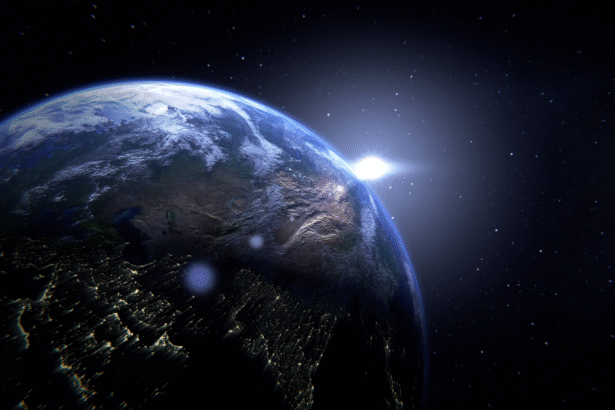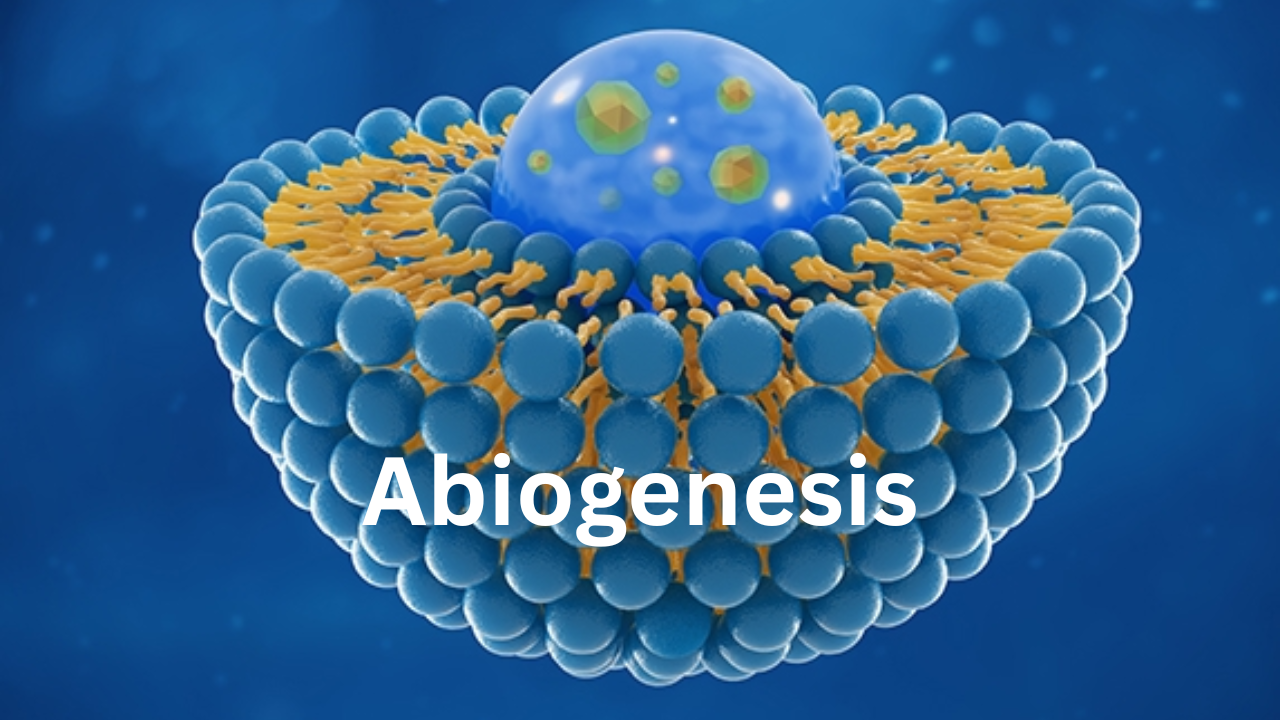Throughout history, the Qur’an has been revered as a divine guide for spiritual and moral living. Yet, for centuries, scholars and scientists have also marveled at its scientific miracles in the Quran—verses that describe natural phenomena with astonishing accuracy. In a world where science and religion are often viewed in conflict, the Qur’an offers a unique blend of faith and empirical truth, inviting reflection for the curious and the conscious.
This blog takes you on a journey to discover some of the most well-known scientific miracles in the Quran—signs for those who think, reflect, and seek the harmony between divine revelation and scientific exploration.
The Qur’an and Science: A Divine Partnership?
The Qur’an was revealed over 1,400 years ago in the Arabian Peninsula to the Prophet Muhammad (PBUH). At a time when scientific knowledge was limited, the Qur’an spoke of cosmology, embryology, oceanography, geology, and more—descriptions that align with discoveries only recently confirmed by modern science.
This has led many scholars, both Muslim and non-Muslim, to consider whether the Qur’an was ahead of its time or perhaps evidence of divine authorship. These verses are often cited as some of the scientific miracles in the Quran, providing a spiritual yet rational perspective.
“We will show them Our signs in the horizons and within themselves until it becomes clear to them that it is the truth.” — [Qur’an 41:53]
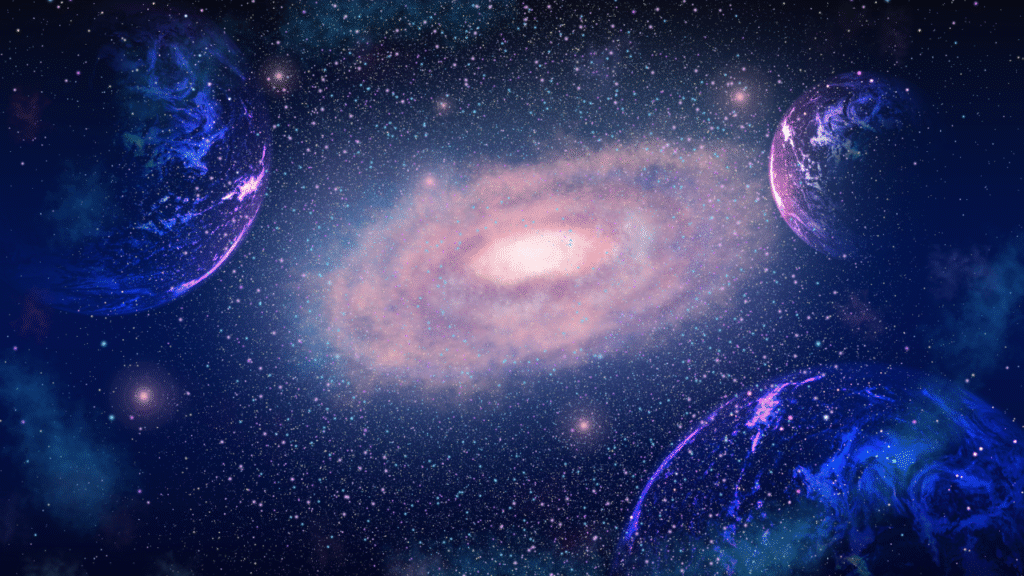
Quran and Scientific Discoveries: Reveals Modern Science
1. The Expanding Universe (Qur’an 51:47)
Qur’anic verse: “And the heaven We constructed with strength, and indeed, We are [its] expander.”
This verse refers to the expansion of the universe, a concept proven by modern astrophysics. Edwin Hubble's 1929 discovery that galaxies are moving away from each other confirmed that the universe is indeed expanding—a finding echoed in the Qur’an over a millennium earlier. This alignment is one of the most cited scientific miracles in the Quran.
2. The Barrier Between Salt and Fresh Water (Qur’an 55:19-20)
Qur’anic verse: “He released the two seas, meeting [side by side]; Between them is a barrier [so] neither of them transgresses.”
Oceanographers now confirm that when saltwater and freshwater bodies meet, they do not immediately mix due to a physical barrier formed by differences in temperature, salinity, and density. This marine phenomenon, one of the most fascinating scientific miracles in the Quran, was unknown during the time of revelation.
3. Embryology and Human Development (Qur’an 23:12–14)
Qur’anic verse: “We created man from an extract of clay. Then We made him a drop in a place of settlement, firmly fixed. Then We made the drop into a clinging clot, and We made the clot into a lump, and We made the lump bones, and We clothed the bones with flesh.”
The stages of embryonic development are described in precise sequence in these verses. According to embryologists, this mirrors the stages of fertilization, implantation, and organ formation. This insight into human biology is another profound example of scientific miracles in the Quran.
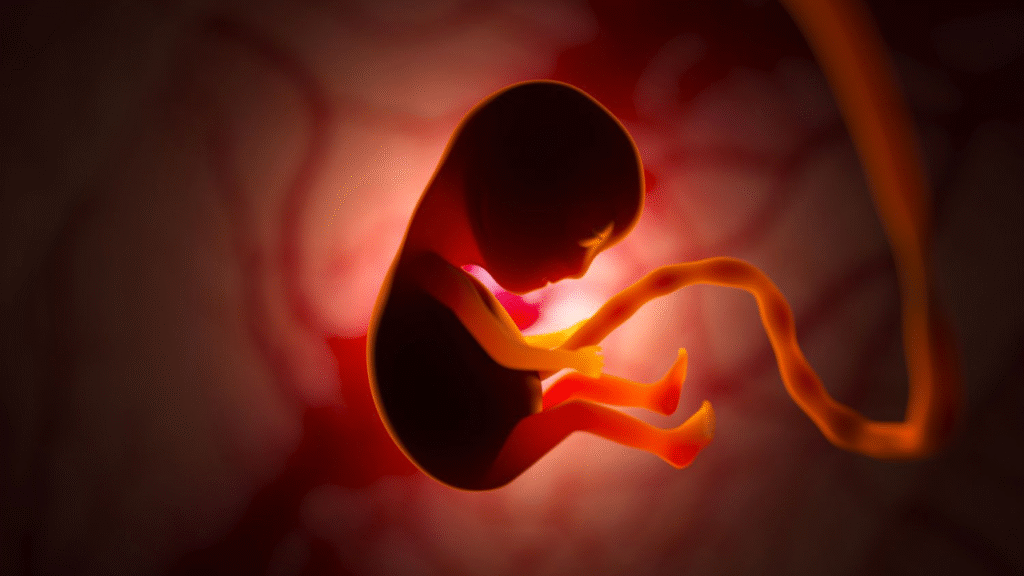
4. The Moon’s Reflected Light (Qur’an 25:61)
Qur’anic verse: “Blessed is He who made constellations in the skies and placed therein a lamp and a moon giving light.”
We now understand that the moon does not produce its own light, but rather reflects the sun’s rays. This differentiation shows that scientific miracles in the Quran offer insights even about space and astronomy.
5. Mountains as Pegs (Qur’an 78:6–7)
Qur’anic verse: “Have We not made the earth a resting place? And the mountains as pegs?”
Geological studies show that mountains have deep roots beneath the surface, stabilizing the Earth's crust. This revelation is frequently cited among scientific miracles in the Quran.
6. Cosmic Order and Orbits (Qur’an 21:33)
Qur’anic verse: “It is He who created the night and the day and the sun and the moon; all [heavenly bodies] in an orbit are swimming.”
Modern astronomy confirms that celestial bodies follow specific orbits. The Qur’an’s mention of this in the 7th century is another undeniable example of scientific miracles in the Quran.
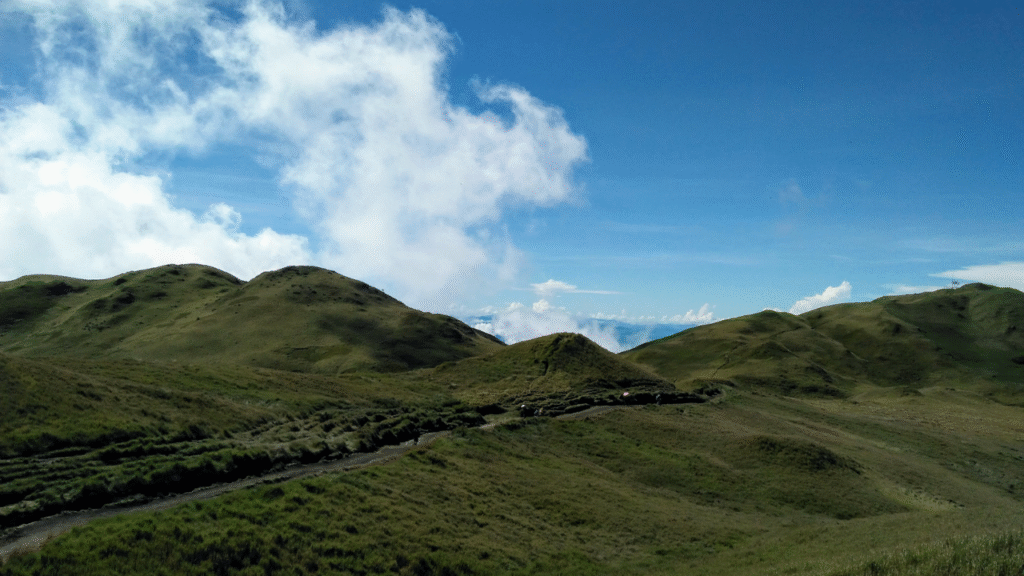
7. The Role of Winds in Fertilization (Qur’an 15:22)
Qur’anic verse: “And We sent the fertilizing winds and sent down water from the sky and gave you drink from it.”
The role of wind in pollination and fertilization is a well-established fact in modern science. Yet, it is described in detail as one of the many scientific miracles in the Quran.
Encouraging Reflection and Research
Unlike some texts that ask for blind belief, the Qur’an continuously invites readers to observe, analyze, and reflect on the natural world—making the scientific miracles in the Quran all the more powerful.
“Do they not look into the dominion of the heavens and the earth and everything that Allah has created?” — [Qur’an 7:185]
This invitation aligns with the scientific method—asking questions, making observations, and seeking truth. In Islam, seeking knowledge is not just encouraged—it’s a form of worship. This harmony between religion and discovery is best showcased through the scientific miracles in the Quran.
Key Takeaways
Why do the scientific miracles in the Quran matter?
- 🧬 They inspire curiosity and intellectual growth
- 🌍 They bridge the gap between science and spirituality
- 🧠 They encourage both critical thinking and faith
- 🔬 They affirm that Islam is not in conflict with modern discoveries
These verses are not mere coincidences—they are scientific miracles in the Quran meant to enlighten minds and nurture belief.

Final Thoughts
The scientific miracles in the Qur’an are more than points of fascination—they are invitations to explore, reflect, and discover the unity between Quran and modern science. Whether it's the motion of planets, the development of life, or the mysteries of the deep sea, these miracles serve as reminders of Allah’s infinite knowledge.
In a time where skepticism often overshadows belief, the scientific miracles in the Qur’an offer compelling evidence that faith and science can walk hand in hand.
Which of the scientific miracles in the Qur’an inspired you the most? Share your thoughts and continue the journey of discovery with us. Let’s reflect, learn, and grow—together!


